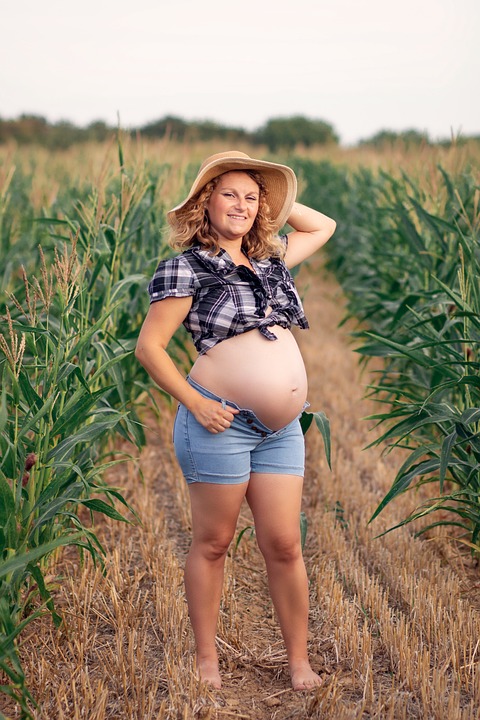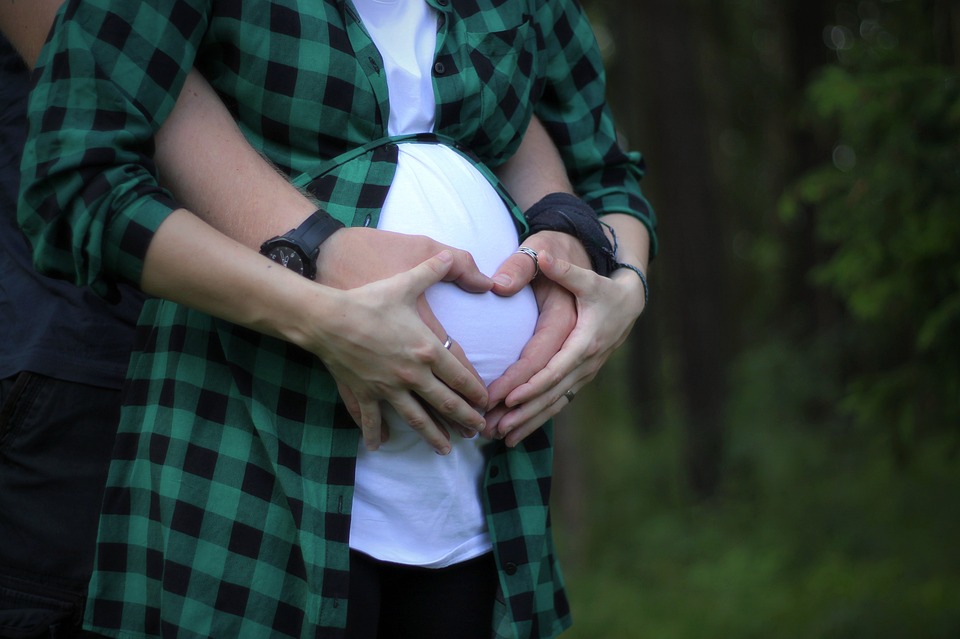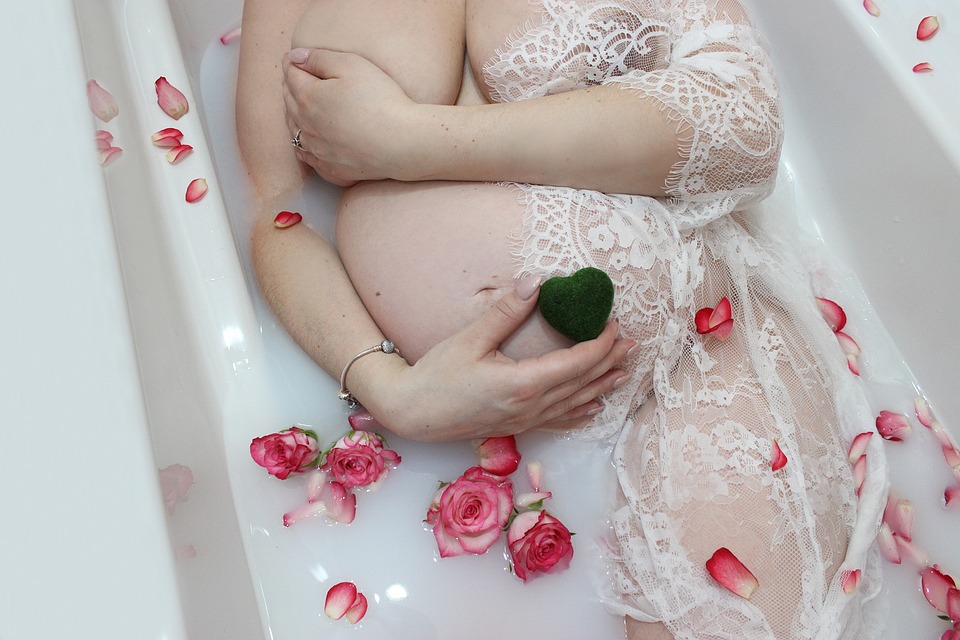
Pregnancy is a magical time in a woman’s life, as she embarks on the journey of bringing new life into the world. It is a time filled with excitement, anticipation, and often a bit of anxiety as well. One of the most important aspects of a healthy pregnancy is maintaining a well-balanced diet that nourishes both the mother and the growing baby.
Eating a healthy diet during pregnancy is vital for the overall health and well-being of both the mother and the baby. The foods that a woman consumes during pregnancy directly impact the growth and development of the baby, as well as the mother’s own health and energy levels. A diet rich in nutrients, vitamins, and minerals is essential for ensuring a healthy pregnancy and reducing the risk of complications.
One of the key reasons why healthy eating is so important during pregnancy is because the developing baby relies entirely on the mother for its nutrition. The baby’s growth and development are directly influenced by the mother’s diet, so it is crucial to provide the necessary nutrients for optimal growth. A diet that is lacking in essential nutrients can lead to developmental delays, low birth weight, and other health complications for the baby.
In addition to supporting the baby’s growth and development, a healthy diet during pregnancy also helps to support the mother’s own health and well-being. Pregnancy can be physically and emotionally demanding, and a well-balanced diet can help to provide the energy and nutrients needed to support the mother’s changing body. Eating well during pregnancy can also help to prevent common pregnancy-related issues such as fatigue, constipation, and gestational diabetes.
So, what exactly constitutes a healthy diet during pregnancy? A well-balanced diet should include a variety of nutrient-dense foods that provide the necessary vitamins and minerals for both the mother and the baby. This includes foods such as fruits and vegetables, whole grains, lean protein sources, and dairy products.
Fruits and vegetables are rich in vitamins, minerals, and antioxidants that are essential for a healthy pregnancy. They provide a wide range of nutrients that are important for both the mother and the baby, including folic acid, vitamin C, and potassium. Aim to include a variety of colorful fruits and vegetables in your diet to ensure that you are getting a wide range of nutrients.
Whole grains are an important source of carbohydrates and fiber, which are essential for providing energy and promoting digestive health during pregnancy. Whole grains such as whole wheat bread, brown rice, and oats are also rich in essential nutrients such as B vitamins, iron, and zinc. Choose whole grain options whenever possible to maximize the nutritional benefits.
Protein is crucial for the growth and development of the baby, as well as for supporting the mother’s own muscle and tissue health. Lean protein sources such as poultry, fish, tofu, and legumes are excellent choices for a healthy pregnancy diet. Aim to include a variety of protein sources in your diet to ensure that you are getting all of the essential amino acids that your body needs.
Dairy products are a great source of calcium, which is essential for the development of the baby’s bones and teeth. Dairy products such as milk, yogurt, and cheese also provide protein, vitamin D, and other important nutrients. If you are lactose intolerant or have dietary restrictions, there are many non-dairy sources of calcium available, such as fortified plant milks and leafy green vegetables.
In addition to these essential nutrients, it is also important to stay hydrated during pregnancy by drinking plenty of water throughout the day. Dehydration can lead to a range of health issues, including constipation, fatigue, and even preterm labor. Aim to drink at least 8-10 cups of water per day, and more if you are exercising or in a hot climate.
While it is important to focus on eating a well-balanced diet during pregnancy, it is also important to avoid certain foods and substances that can be harmful to the baby. Some foods to avoid during pregnancy include raw or undercooked meat, fish, and eggs, as well as unpasteurized dairy products. It is also important to limit your intake of caffeine, alcohol, and high-mercury fish, as these substances can have negative effects on the baby’s development.
It is also important to maintain a healthy weight during pregnancy, as excess weight gain can increase the risk of complications such as gestational diabetes, preeclampsia, and cesarean delivery. The amount of weight that is recommended to gain during pregnancy depends on a woman’s pre-pregnancy weight and BMI, so it is important to talk to your healthcare provider about what is appropriate for you.
In conclusion, nourishing your body with a healthy diet during pregnancy is essential for ensuring the health and well-being of both the mother and the baby. Eating a well-balanced diet that is rich in essential nutrients, vitamins, and minerals can help to support the baby’s growth and development, as well as the mother’s own health and energy levels. By focusing on eating a variety of nutrient-dense foods and avoiding harmful substances, you can help to ensure a healthy pregnancy and a happy, healthy baby. Remember to consult with your healthcare provider about any specific dietary needs or concerns during pregnancy, and enjoy this special time in your life!






